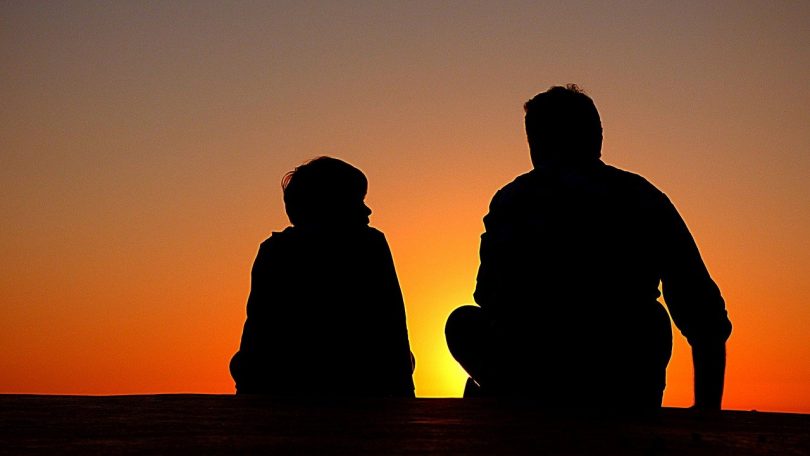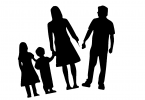The power of fathers is undeniable. In Life Without Father, Dr. David Popenoe writes, “Involved fathers—especially biological fathers—bring positive benefits to their children that no other person is as likely to bring.” Research continues to pile up proving this; 82% of father-involvement studies since 1980 have found “significant associations between positive father involvement and offspring well-being.”
Children with strong, active fathers do better. It’s that simple. And this shows up in surprising ways. For example, there is evidence that a father’s overall fitness (not the mother’s) is the best indicator of a child’s future physical health. We see similar correlation in the area of educational performance, in vocabulary, and even in spiritual condition.
Back in 2003, Robbie Lowe wrote a helpful article in Touchstone on the Importance of Fathers to Churchgoing. In it, he explains:
“In 1994 the Swiss carried out an extra survey that the researchers for our masters in Europe (I write from England) were happy to record. The question was asked to determine whether a person’s religion carried through to the next generation, and if so, why, or if not, why not. The result is dynamite. There is one critical factor. It is overwhelming, and it is this: It is the religious practice of the father of the family that, above all, determines the future attendance at or absence from church of the children.”
But doesn’t the mother’s influence matter? Lowe comments:
“In terms of commitment, a mother’s role may be to encourage and confirm, but it is not primary to her adult offspring’s decision. Mothers’ choices have dramatically less effect upon children than their fathers’, and without him she has little effect on the primary lifestyle choices her offspring make in their religious observances.”
Even long before scientific studies, churchmen knew the straight connection between fathers and the well-being of their households. J.W. Alexander, for example, preached that:
“There is no member of a household whose individual piety is of such importance to all the rest as the father or head. And there is no one whose soul is so directly influenced by the exercise of domestic worship. Where the head of a family is lukewarm or worldly, he will send the chill through the whole house.”
There is no chill like the cold reality of a fatherless home. Its icy effects are sobering. In his book Fatherless Generation, John Sowers reports that children from fatherless homes account for:
- 63 percent of youth suicides
- 70 percent of juveniles in state-operated institutions
- 71 percent of all high school dropouts
- 71 percent of pregnant teenagers
- 75 percent of all adolescents in chemical abuse centers
- 80 percent of rapists motivated with displaced anger
- 85 percent of all youth who exhibit behavior disorder
- 85 percent of all youths sitting in prison
- 90 percent of all homeless and runaway teenagers
As a father goes, so goes the household. And as the household goes, so goes society. The benevolent presence of a father results in a more orderly and fruitful life. His absence, whether by distance or abdication, results in disorder and chaos.
The great need of our age is a revival of fatherhood.
We need men who will gladly protect, provide, and preside over their households.
And we need men who even extend their fatherhood to those who have no father for whatever reason.
Lord, give us fathers!







